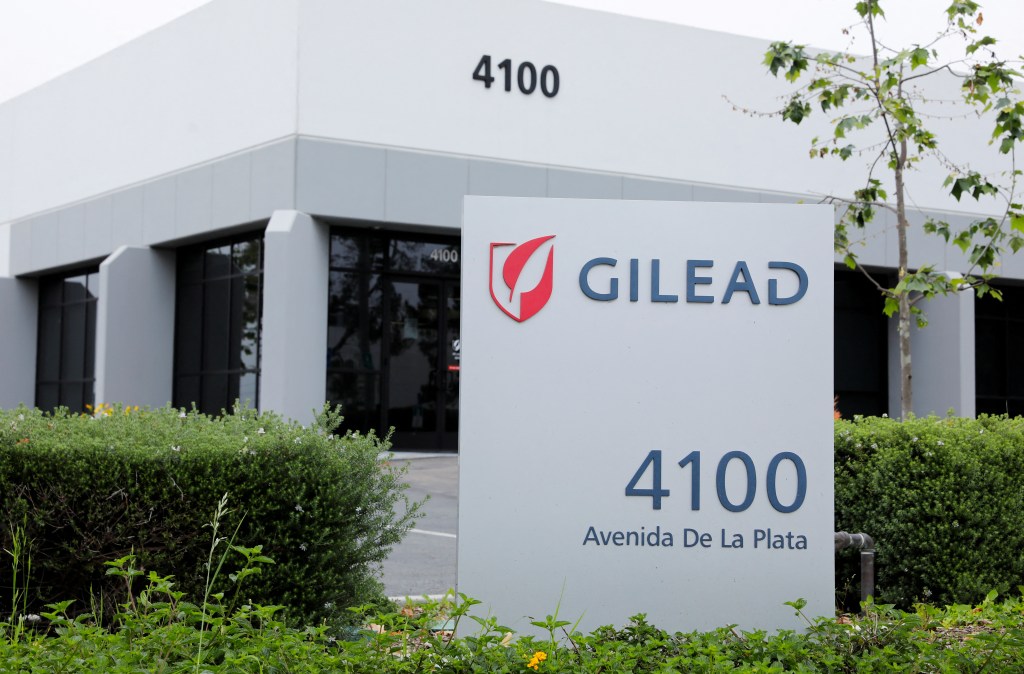Now Reading: Breast cancer risk cut by 35% in new clinical trial
-
01
Breast cancer risk cut by 35% in new clinical trial
Breast cancer risk cut by 35% in new clinical trial

Trodelvy, combined with Merck’s Keytruda immunotherapy, has been shown to reduce the risk of aggressive breast cancer worsening by 35% in initial treatment, as per the findings of a large trial presented recently. This data could potentially revolutionize how patients with advanced triple-negative breast cancer are managed post-diagnosis, as stated by an expert. Patients administered with Trodelvy and Keytruda had a progression-free survival of 11.2 months after a median follow-up of 14 months, outperforming those on standard chemotherapy and Keytruda with a PFS of 7.8 months, according to researchers.
The combination of Trodelvy and Keytruda exhibited significant treatment response, with patients responding for a median of 16.5 months, compared to 9.2 months for those receiving chemotherapy, as unveiled during the American Society of Clinical Oncology meeting in Chicago. The researchers are continuing to monitor patients to assess the treatment’s impact on overall survival. This combination therapy is expected to become a new standard of care for frontline treatment, especially for patients with triple-negative breast cancer expressing PD-L1 protein.
Triple-negative breast cancer poses significant treatment challenges due to its lack of common biomarkers, larger tumor size, and high recurrence rate, making it more complex to manage compared to hormone-sensitive subtypes. Around 40% of triple-negative breast cancers also test positive for PD-L1, making them eligible for Keytruda therapy. Trodelvy, an antibody-drug conjugate, is designed to target cancer cells more precisely, reducing harm to healthy cells compared to traditional chemotherapy.
Gilead is actively involved in various Trodelvy studies, including one investigating the drug’s efficacy as an initial treatment for triple-negative breast cancer patients who do not express PD-L1. Notable side effects of Trodelvy included neutropenia in 43% of patients and diarrhea in 10%, while the chemotherapy group experienced neutropenia in 45% of cases, with 16% presenting anemia and 14% showing low blood platelet counts. Trodelvy is currently approved for patients with advanced triple-negative breast cancer who have undergone two or more prior therapies, as well as for those with hormone-receptor-positive, HER2-negative metastatic breast cancer.






